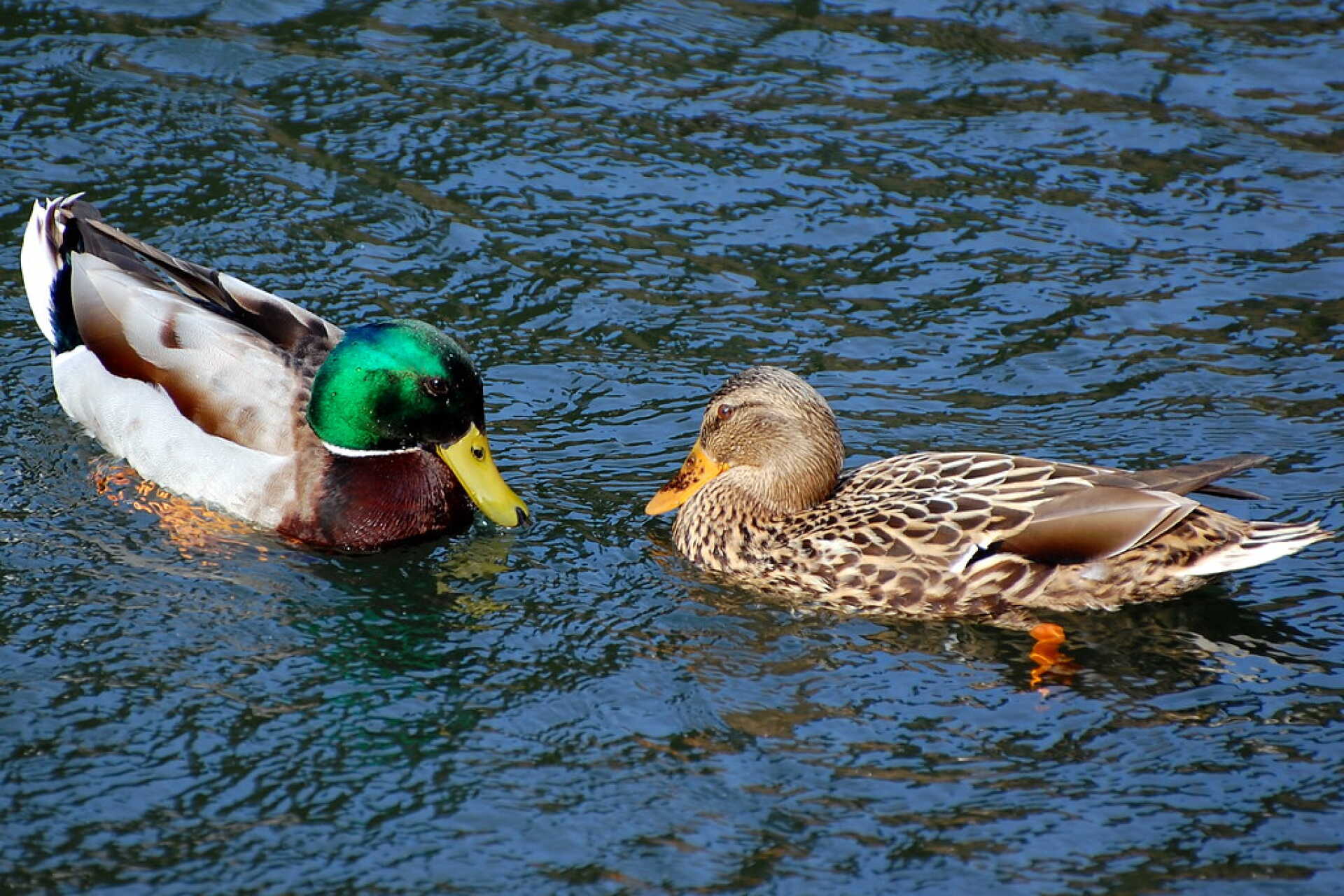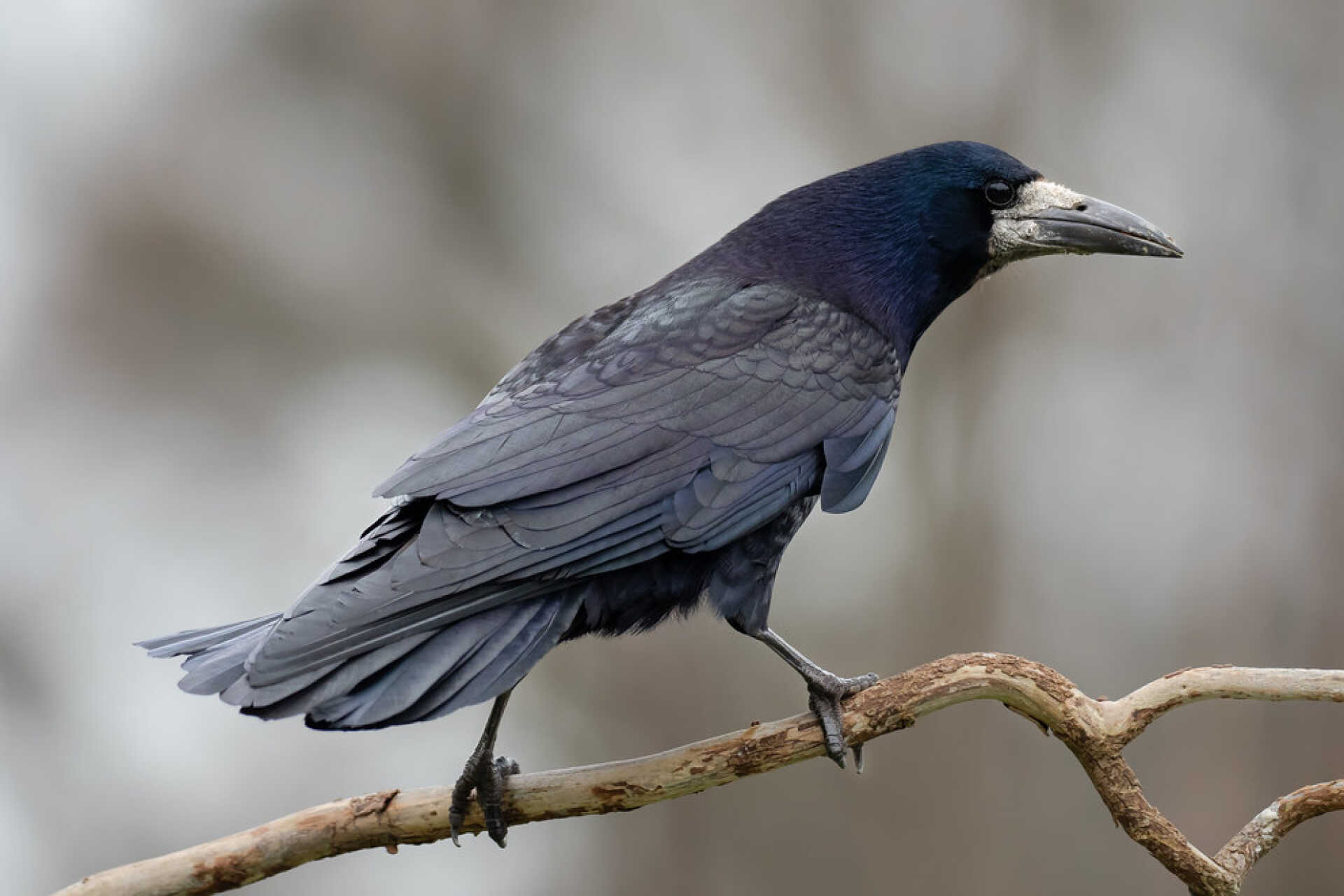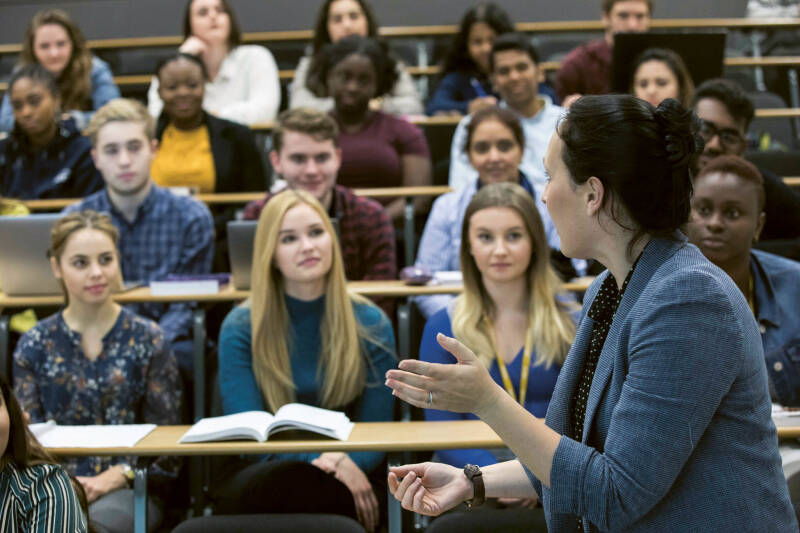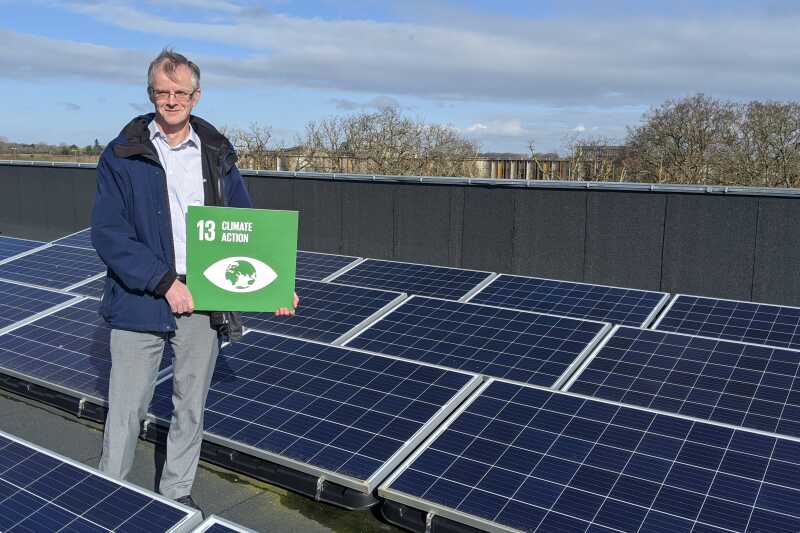Sustainability
Sustainability needs everyone taking part. At Kent we have plenty of projects, societies and initiatives to get involved with, so join us in further growing a sustainable future here at Kent.
Get Involved
Highlighted links
6.9%
Reduction in Carbon Emissions over the last 12 months.
10,021
Research publications related to the SDGs over the last 5 years.
42nd
Place in the People and Planet University League table out of 149 universities.
903 kg
Of food produced by volunteers at our Kent Community Oasis Garden.
337
Species identified during the 2024 Bioblitz.
18.6
Tonnes of food waste diverted from landfill to anaerobic digestion.
65%
Proportion of plant-based cost of living meals on offer.
157.4
Tonnes of items reused by staff and students through schemes such as Canterbury FreeCycle.
Living Sustainably in Campus Accommodation
Living Sustainably on Campus
Right to Food
The University of Kent's Sustainable Food Plan supports the health and wellbeing of students by providing access to healthy, tasty, and affordable food, while ensuring that it also supports environmental sustainability.
Mission 1
Putting the Right to Food on the World Stage.
Mission 2
Transforming Food Systems through teaching and research.
Mission 3
Tackling food insecurity, while promoting a healthy and sustainable food community at the University.
Mission 4
Addressing food inequality in our region.
FAQs
We currently have food waste bins in our catering outlet kitchens and in all campus accommodation. Food waste collections are being expanded to include social spaces and staff kitchens later in 2025.
Most of our food waste from accommodations and catering is collected by Biffa and is sent for anaerobic digestion. Small amounts of food waste from some catering outlets are diverted and taken to the rocket composter at COG. This compost is then used on site to grow fruits and vegetables, some of which are used in our outlets – circular economy in action!
Different waste streams go to different places. Our main contractor is Biffa who take our general waste and mixed recycling. There is more information on what happens to this waste on their website.
We were an official Fair Trade University until 2018. We moved away from the official standard to allow us more flexibility in choosing our coffee suppliers and the ability to set our own ethical standards for purchasing. Our current coffee supplier, Garage are a local roastery committed to sustainability and building a strong relationship with coffee producers. The beans used in our coffee come from the O’Coffee estate in Alta Mogiana which is committed to ethical practices and community development, earning a Level A certification from the Rainforest Alliance.
Kent Community Oasis garden is a collection of staff, students and community members working to create a sustainability hub centred around growing food. We run open session at out site in Parkwood every Wednesday and Friday. You can find all the information you need about signing up forgetting involved with COG on this section of our website.
The best place to find out sustainability at the University of Kent is from our sustainability Instagram page @unikent.sustainability
You can find information about recycling on campus here.
There are British Heart Foundation points all around campus where items such as clothes, books, bags or even CDs and DVDs can be donated. You can find out where to find these points here.
There are battery recycling points in all accommodation receptions around campus as well as the library. You can find out where to specifically find these here.
We have measured our total carbon footprint across our Scope 1, 2 and 3 emissions. You can find a full breakdown of these emissions here.
We have reduced our direct (scope 1 and 2) carbon emissions by 17% since we set our Net Zero by 2040 target back in 2021 and overall our emissions are now roughly half what they were in 2008. This has been achieved through a number of measures including:
- Better monitoring allowing targeted action
- Reducing energy wastage through improving insulation, window replacements and behaviour change
- Improving energy efficiency of fixtures and fittings such as LED lighting and lighting controls
- Changes to our district heating system and main boiler operation to deliver heating more efficiently and reduce system losses.
- Installation of rooftop photo voltaic systems to generate renewable electricity
The University of Kent is a signatory of the SDG Education Accord and we have mapped the SDGs to the strategic priorities outlined in our sustainability strategy.




















